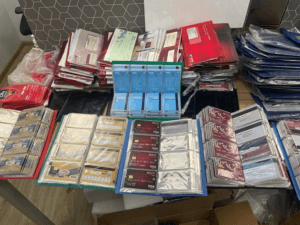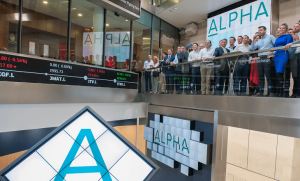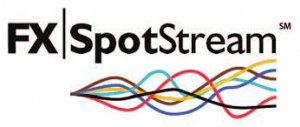SEC and FINRA fine Merrill Lynch for 10 years with wrong SAR threshold for broker-dealers
Over the course of a decade, however, Merrill Lynch’s parent company improperly used a $25,000 threshold instead of the required $5,000 threshold for reporting suspicious transactions or attempted transactions where a suspect may have been seeking to use Merrill Lynch to facilitate criminal activity and could not be identified.

The Securities and Exchange Commission (SEC) and the Financial Industry Regulatory Authority (FINRA) have fined Merrill Lynch for anti-money laundering failures.
Merrill Lynch agreed to pay a $6 million penalty to settle SEC charges for failing to file hundreds of Suspicious Activity Reports (SARs) from 2009 to late 2019.
The bank was also ordered to pay $6 million to FINRA for failing to apply the correct threshold to report suspicious activities for more than 10 years and, as a result, failing to file nearly 1,500 Suspicious Activity Reports (SARs).
Merrill Lynch used a $25k threshold instead of the required $5k for SARs
Merrill Lynch’s parent company BAC North America Holding Co. (BACNAH) assumed responsibility for creating and implementing the bank’s SAR policies and procedures and for filing Merrill Lynch’s SARs.
Over the course of a decade, however, Merrill Lynch’s parent company improperly used a $25,000 threshold instead of the required $5,000 threshold for reporting suspicious transactions or attempted transactions where a suspect may have been seeking to use Merrill Lynch to facilitate criminal activity and could not be identified.
Katharine E. Zoladz, SEC’s Co-Acting Regional Director of the Los Angeles Regional Office, said: “Broker-dealers have a critical obligation to report suspicious activity in their accounts. Merrill Lynch and BACNAH did not file hundreds of Merrill Lynch SARs because they failed to comply with one of the most basic requirements for a SAR program.”
Threshold confusion due to 2009 merger between Merrill Lynch and Bank of America
Broker-dealers and national banks are required to file SARs in connection with suspected criminal activity that meets or exceeds certain dollar thresholds, among other suspicious activity.
Broker-dealers such as Merrill Lynch are required to file a SAR for suspected criminal activity that involves aggregate funds or other assets of $5,000 or more. By contrast, national banks are required to file a SAR for suspected criminal activity totaling $25,000 or more where such activity does not involve insider abuse and where there is no substantial basis to identify a responsible suspect.
Following the 2009 merger between Merrill Lynch and Bank of America, N.A., Merrill Lynch incorrectly applied the $25,000 monetary threshold applicable to national banks, rather than the $5,000 threshold applicable to broker-dealers, when determining whether to file a SAR.
As a result, Merrill Lynch failed to file approximately 1,500 SARs from January 2009 to November 2019, when the firm discovered and corrected its mistake. The suspicious activities that went unreported included alleged unauthorized debit card withdrawals, forged or altered checks, account intrusions, identity theft, and internet scams.
Christopher J. Kelly, Senior Vice President and Acting Head of FINRA’s Department of Enforcement, said: “Law enforcement and regulators depend on FINRA member firms to properly report potential fraud and other suspicious activities. It is therefore essential that member firms comply with their SAR filing obligations. Merrill Lynch failed in this basic responsibility.”









